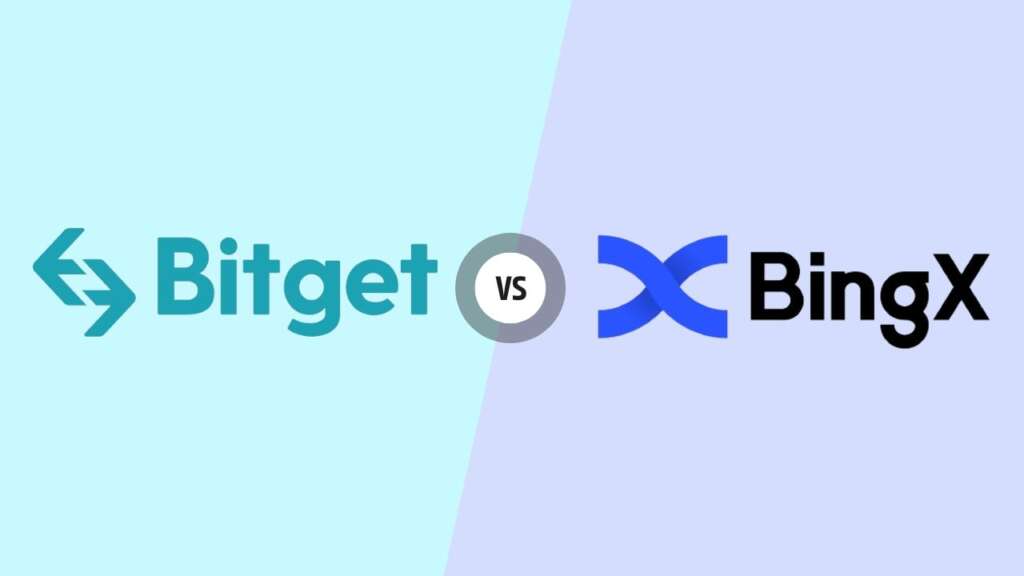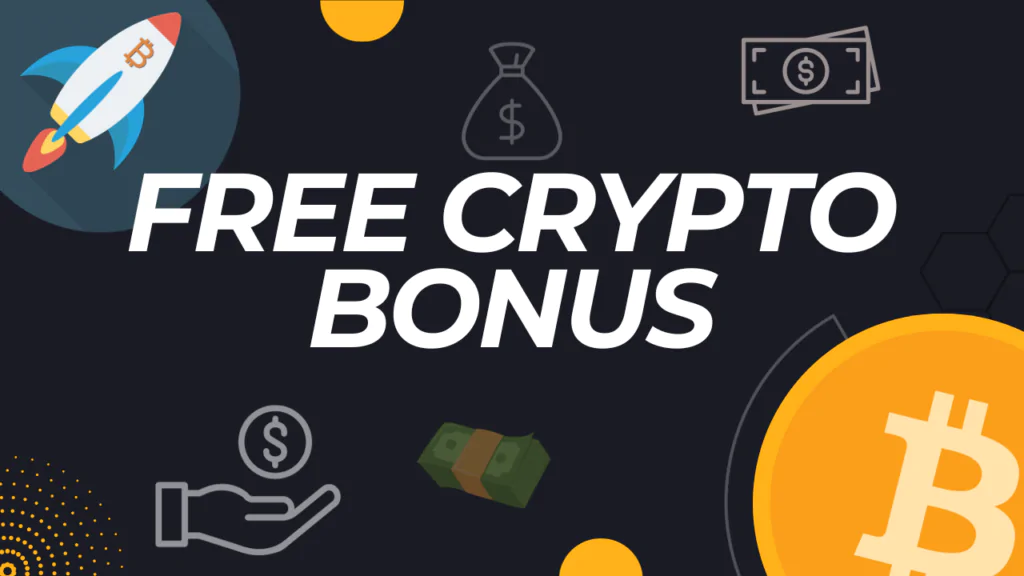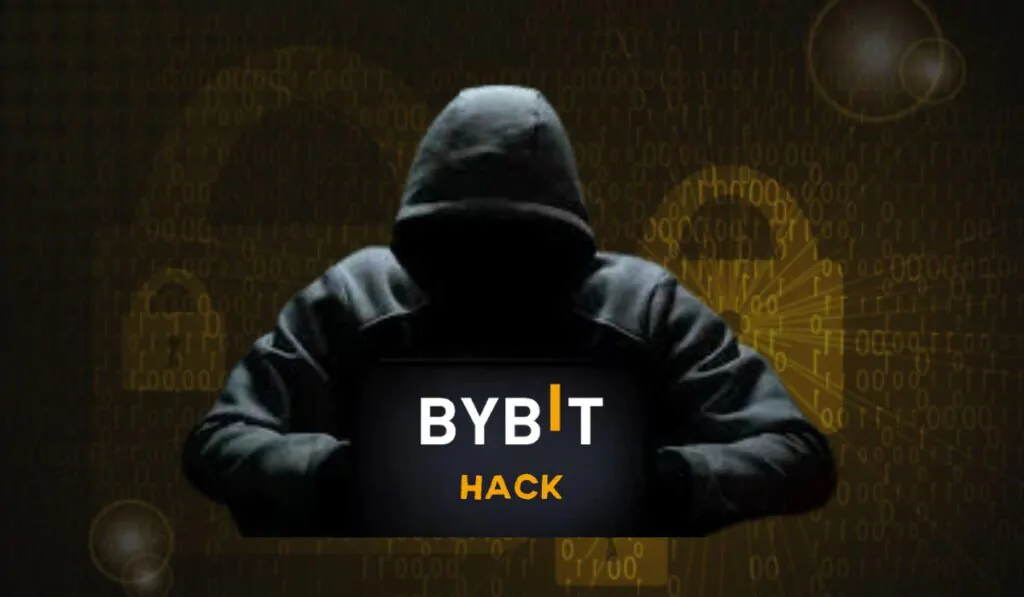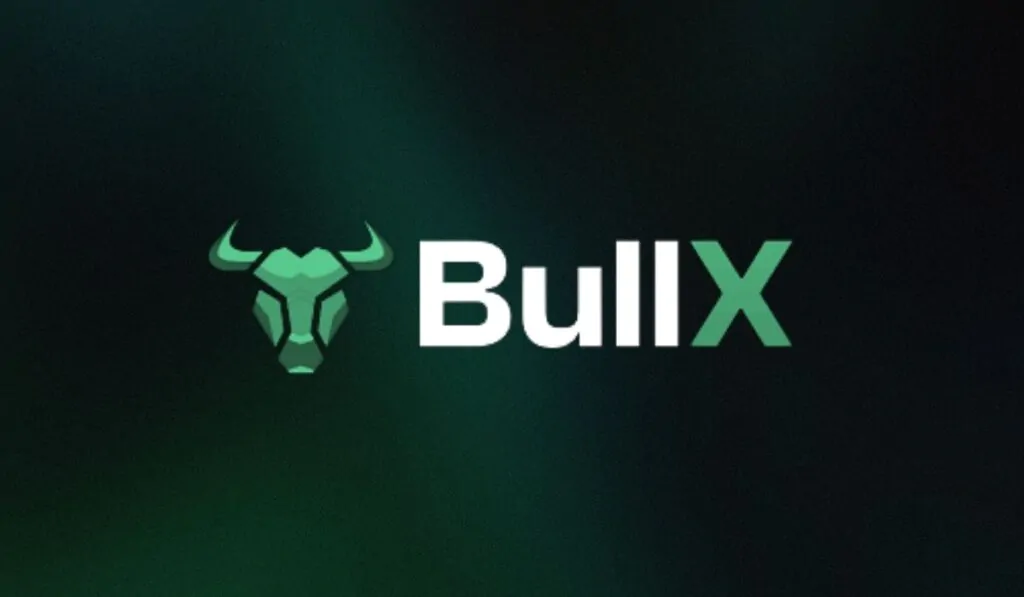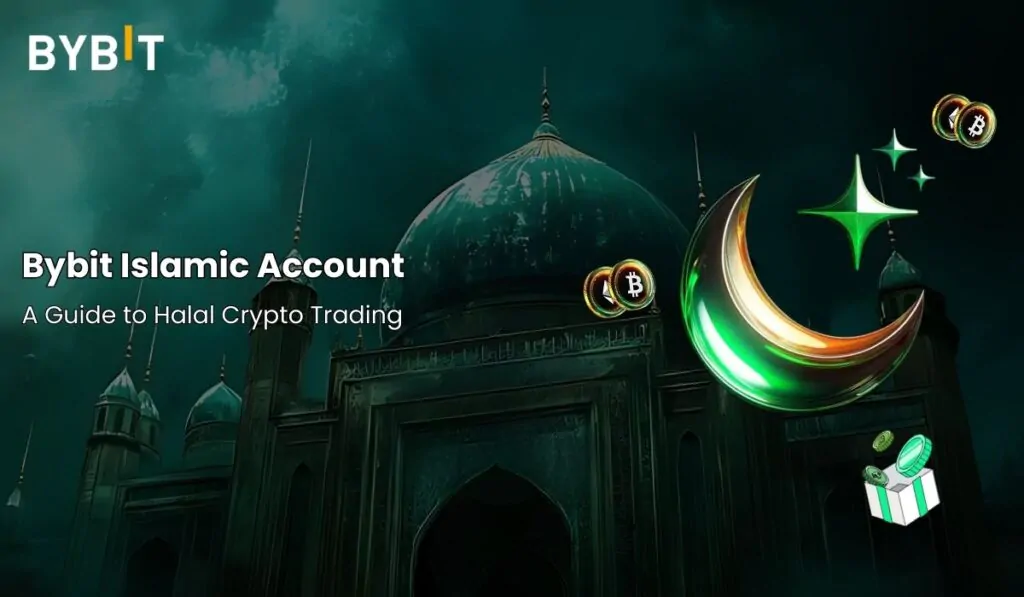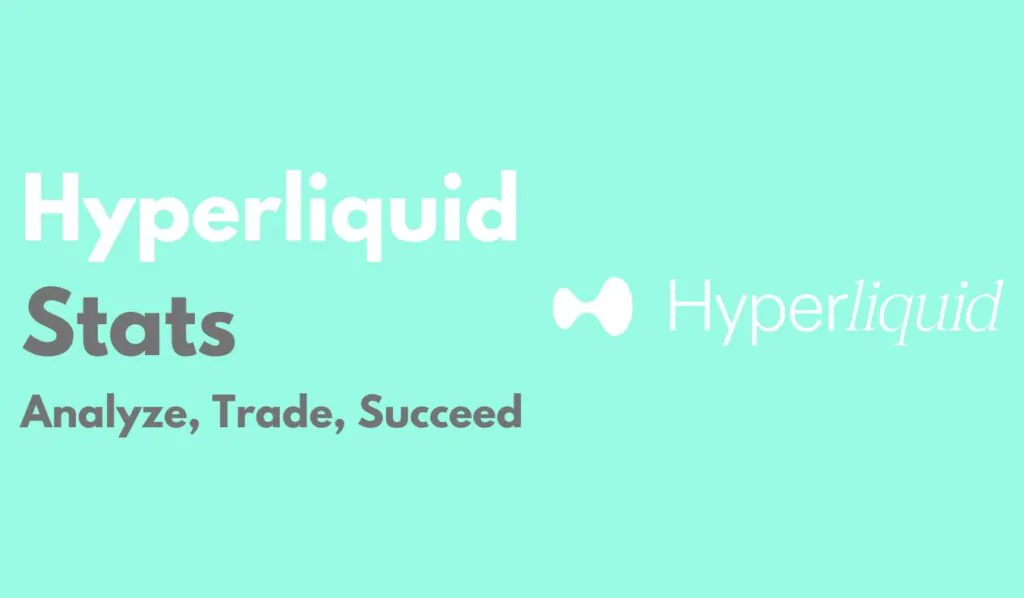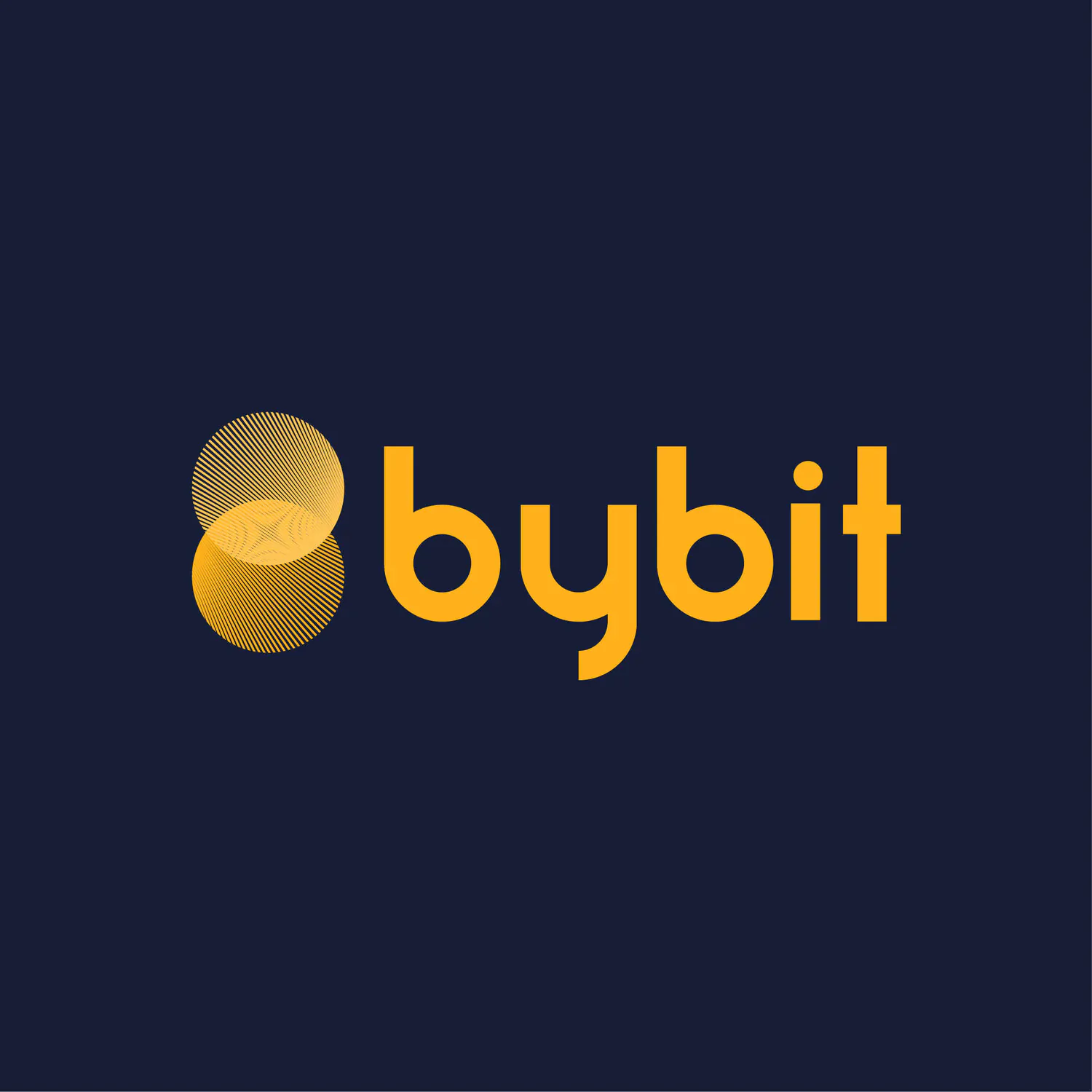Did you come across Bitget and BingX lately and got confused which is a better platform for your trading preferences? As pivotal players in the crypto exchange domain, they brag about unique features. To help you differ between the two, our comprehensive analysis will discover all their key aspects, from security and fees to trading options and services. So, get ready to uncover the ideal exchange for your crypto ambitions.
Bitget vs BingX Comparison Overview
| Bitget | BingX | |
|---|---|---|
| Year launched | 2018 | 2018 |
| Founder | Sandra Lou | Josh Lu |
| Headquarters location | Singapore | Hong Kong |
| Supported Countries | 100+ | 110+ |
| Users | 10 million plus | 5 million plus |
| Employees | 800 | 1038 |
| Daily trading volume | $7.8 billion | $8+ billion |
| Mobile app for iOS
Android |
Yes | Yes |
Established in 2018 by Sandra Lou, Bitget operates as a cryptocurrency exchange headquartered in Singapore. Emerging as a leading and esteemed platform, Bitget brags a user base exceeding 10 million individuals across more than 100 countries.
The company employs a workforce of over 800 people. By August 2023, Bitget reached its peak trading volume, hitting $7.8 billion within 24 hours. Investors will find Bitget appealing for its user-friendly interface and mobile app convenience.
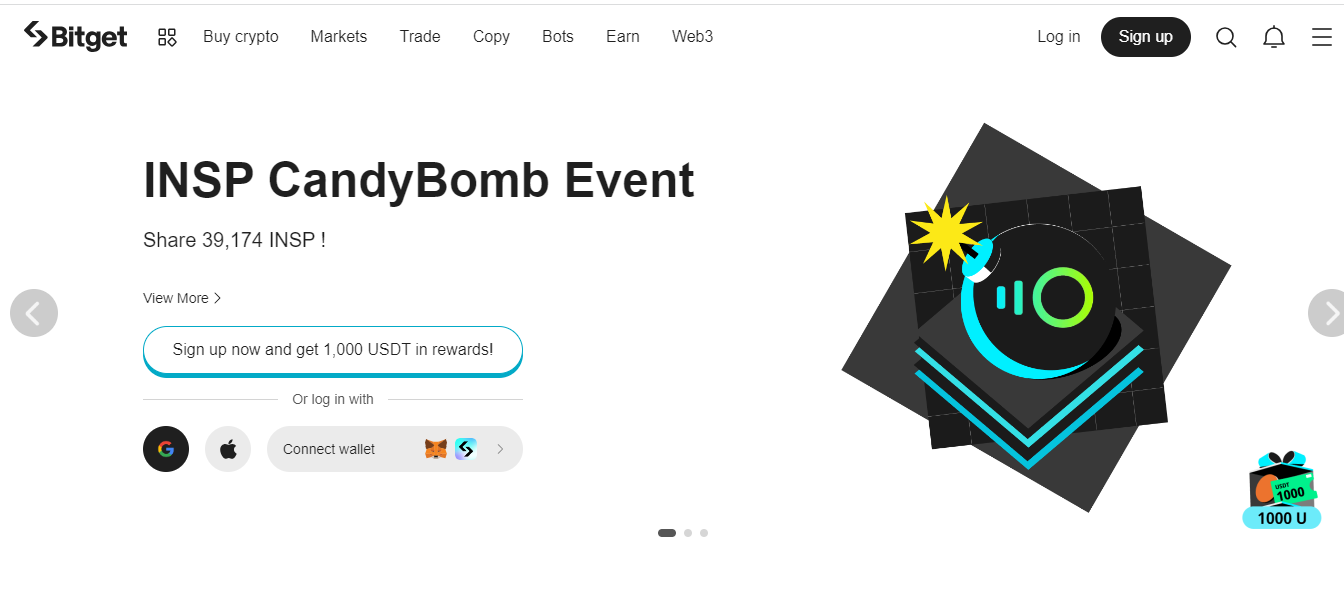
On the other hand, Josh Lu established BingX in 2018, and its main office is located in Hong Kong. BingX stands out globally, boasting more than 5 million users and handling an average daily trading volume exceeding $8 billion.
The platform provides access to over 520 diverse cryptocurrencies, making it a robust option for users. If you’re into perpetual futures trading, BingX allows up to 150x leverage on major cryptocurrencies like BTC and ETH.
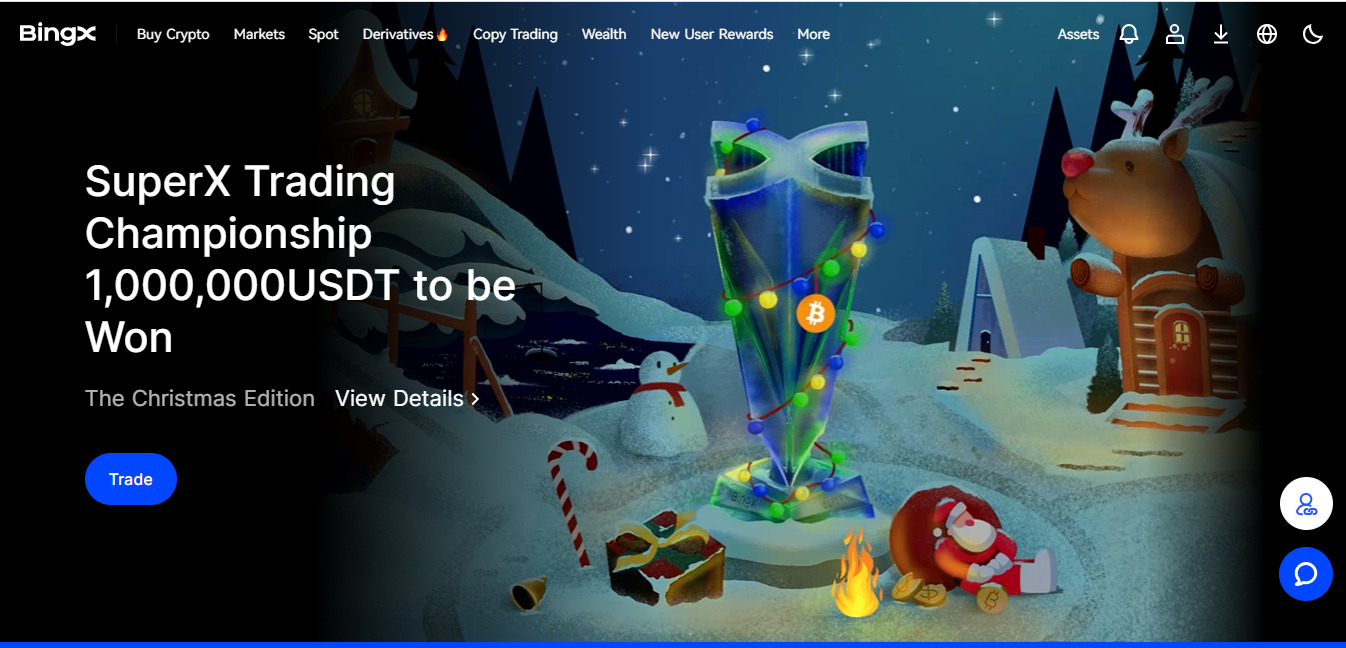
What makes BingX unique is its versatility besides cryptocurrency, you can also engage in trading forex, stocks, and commodities futures.
Bitget provides spot trading, excellent contracts, futures trading, and additional features. The BingX app brags over 1 million downloads and an impressive 4.5/5 star rating with versatility besides cryptocurrency in trading of forex, stock, and commodities. In terms of security, both exchanges demonstrate commendable performance.
Bitget vs BingX Signup & KYC
Registering a Bitget account is a straightforward procedure. Simply provide your mobile number or email address, create a robust password during registration, and the signup process will be completed in a matter of seconds. You may also have to provide a 6-digit verification code that comes from your registered email.
Bitget requires KYC verification, which means you have to submit personal details. Verified accounts have a withdrawal cap of 20 BTC or 50,000 USD. Consequently, the withdrawal limit stands at $50,000 per day or $100,000 monthly. To complete the verification, upload your ID and photo, a process that can be finalized within minutes if the documents are uploaded correctly.
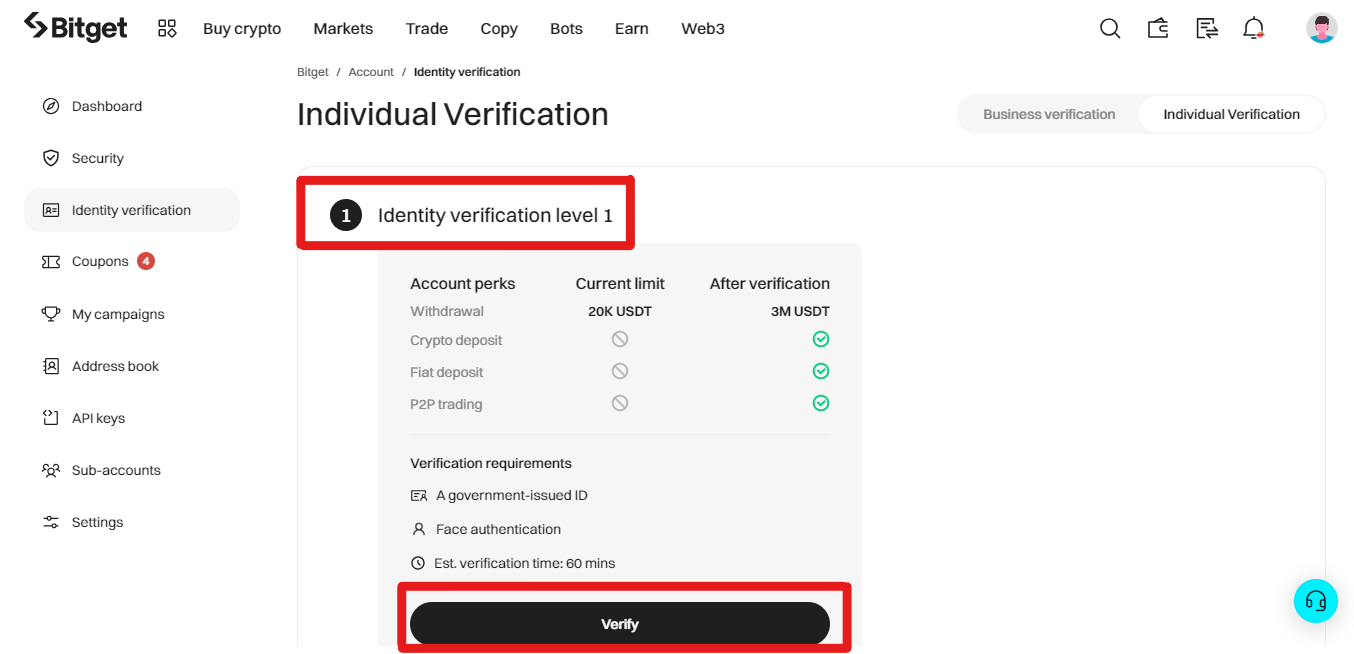
To set up your BingX account, you can use either your email or phone number along with a robust password. Regarding KYC procedures, there’s a distinction between the two exchanges. BingX takes a more lenient approach and doesn’t mandate KYC verification.
This implies you can commence trading on BingX promptly while maintaining your anonymity. Unverified users have a withdrawal limit of $50,000 per day. If you aim for higher limits, you’ll need to provide personal details, including your ID or Passport.
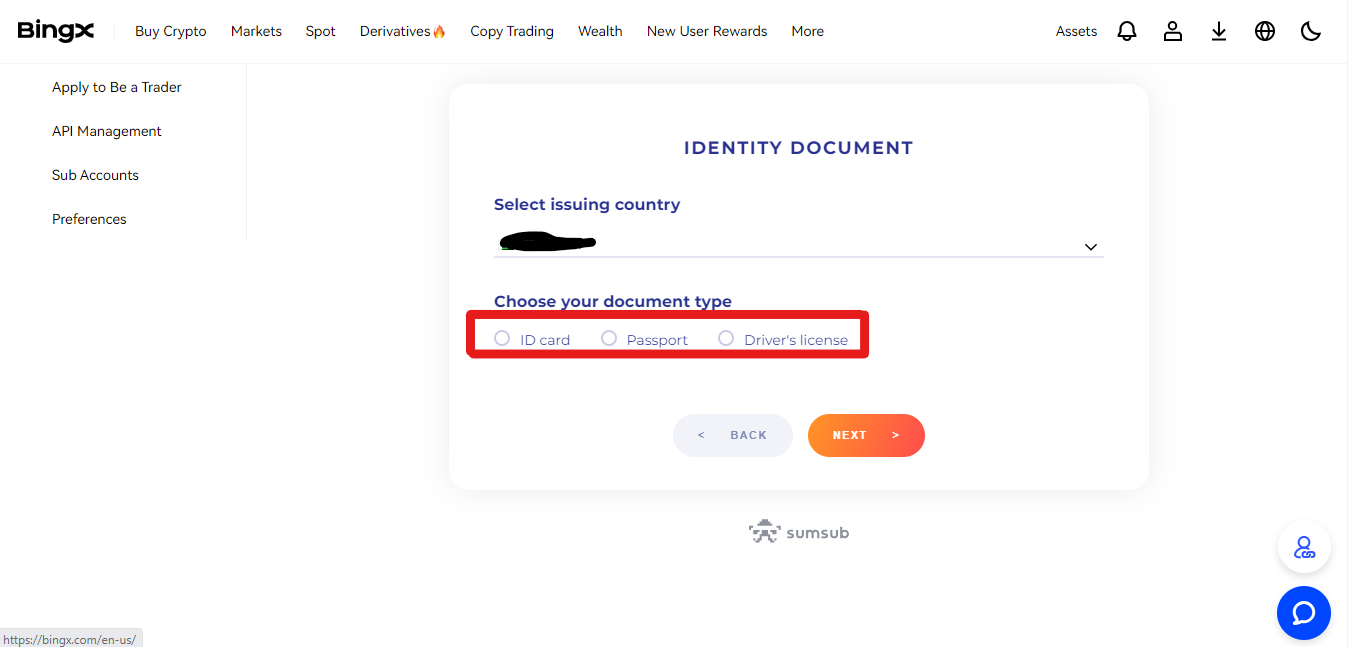
If you prefer anonymity, BingX is the better choice. You can deposit, trade, and withdraw from BingX without KYC identity verification. Bitget, on the other hand, requires all users to verify their identity.
Bitget vs BingX Products, Services & Features
Bitget offers diverse features, including leverage trading with options up to 125x. The crypto exchange has recorded a $7.8 billion trading volume in the last 24 hours, with BTC/USDT being the most active pair. With 50+ margin trading pairs, users can leverage up to 125x. Bitget excels in crypto copy trading, allowing users to mirror top traders for free. Spot trading ensures quick, secure, and low-fee transactions.
The platform’s clean interface suits both experienced and novice traders. Staking on Bitget provides APRs from 4% to 22%, catering to various risk tolerances. A redeemable eight-day grace period for the native BGB token enhances user flexibility. Bitget excels in crypto copy trading. Users can follow and mirror top traders’ positions without extra charges, making them outstanding.
BingX sets itself apart with an average daily trading volume of $8 billion broad array of trading instruments, spanning cryptocurrencies and traditional assets traded with crypto as collateral. It covers forex, indices, stocks, and commodities, with the highest leverage (200x) for commodities and indices. With a liquidity score of 94/100, BingX supports trading for 520 coins.
Its user-friendly interface ensures smooth navigation for both novices and experts. Innovative features like copy trading for passive income and automated grid bot trading enhance the platform.
Both exchanges offer almost the same services when it comes to financial products for generating passive income. However, Bitget has more defined APR terms.
Bitget vs BingX Trading Fees
Bitget imposes a 0.02% fee for makers and a 0.06% fee for takers in futures trading, without any applicable discounts. In spot trading, both makers and takers encounter a 0.1% fee. Similarly, like Bitget, spot trading fees remain consistent at 0.1% for both makers and takers.
| Future | Maker | Taker |
|---|---|---|
| BTCUSDT | 0.02% | 0.06% |
| ETHUSDT | 0.02% | 0.06% |
| XRPUSDT | 0.02% | 0.06% |
Bitget’s exclusive VIP program offers diverse advantages. Users can leverage BGB to avail of a direct 20% discount on spot fees. Additionally, participants can earn staking rewards, catering especially to those involved in DeFi activities. This multifaceted approach enhances user benefits within the Bitget platform.
BingX sets spot trading fees at a uniform 0.1% for both makers and takers, eliminating any distinction. In futures trading, BingX imposes a maker fee of 0.02% and a taker fee of 0.05%.
As your 30-day trading volume increases, BingX permits fee reductions to 0.0015% for makers and 0.035% for takers. In default fee comparison, BingX proves more cost-effective by 0.005%. Notably, BingX extends volume-based discounts, providing users with a scalable advantage based on their trading activity.
Both exchanges offer almost similar maker-and-taker fee structures for both spot and futures trading. However, BingX has lower base fees compared to BingX.
Bitget vs BingX Deposit Methods
In addition to the complimentary cryptocurrency deposits on Bitget, users have the option to deposit fiat currencies, exclusively through wire transfers. Various payment methods, including debit cards, credit cards, Apple Pay, and Google Pay, are accepted.
Bitget accommodates over 400 cryptocurrencies and trading pairs, encompassing assets like Bitcoin, Litecoin, BGB, Ethereum, and more. It’s important to highlight that Bitget does not impose any fees for cryptocurrency deposits.
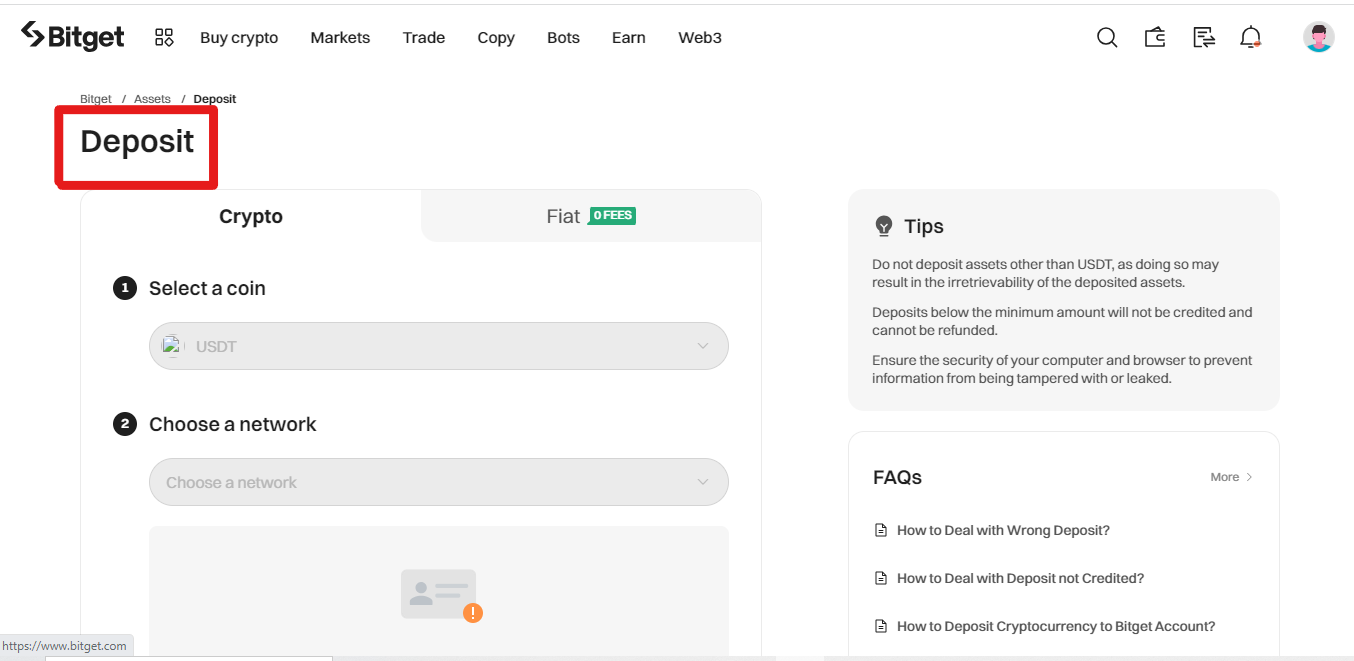
BingX facilitates cost-free cryptocurrency deposits. Regrettably, BingX lacks support for fiat on and offramps. Nevertheless, you have the option to acquire cryptocurrencies directly through BingX using credit cards or bank transfers.
While BingX itself doesn’t provide fiat onramps, you can procure cryptocurrencies through external providers like MoonPay, Banxa, and Advcash. Fees for these transactions vary between 1-6%, contingent on your chosen payment methods and currency.
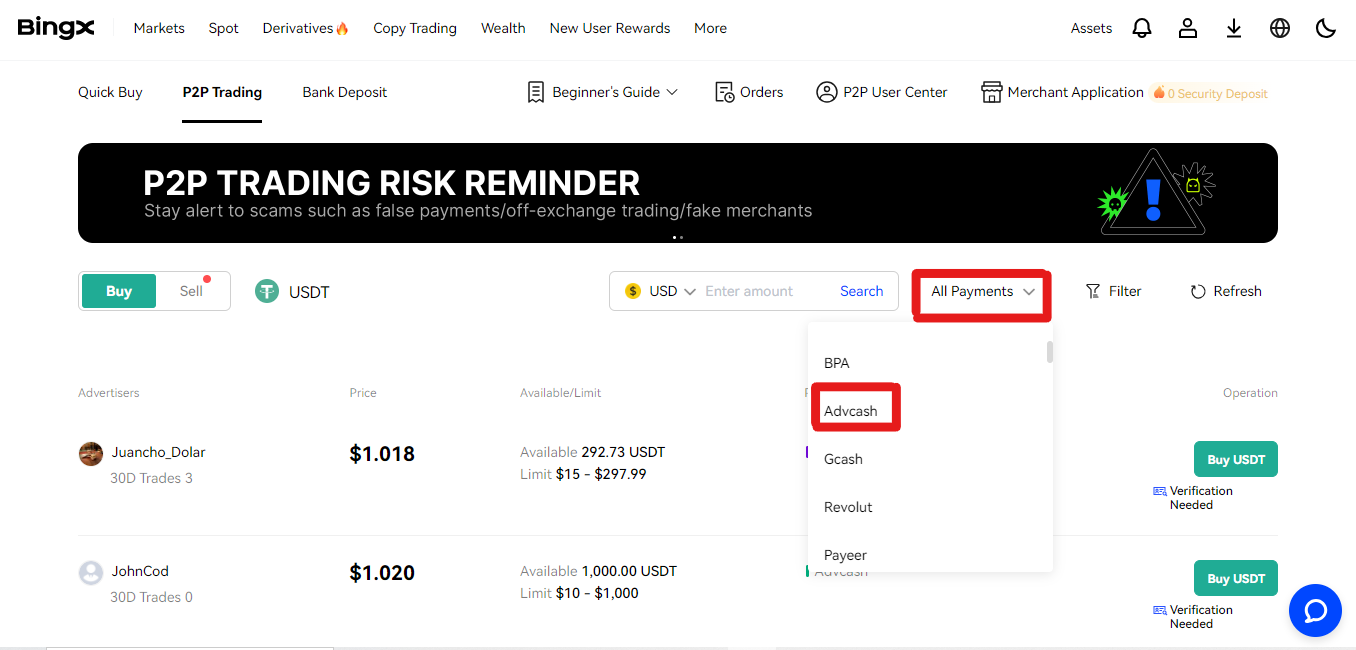
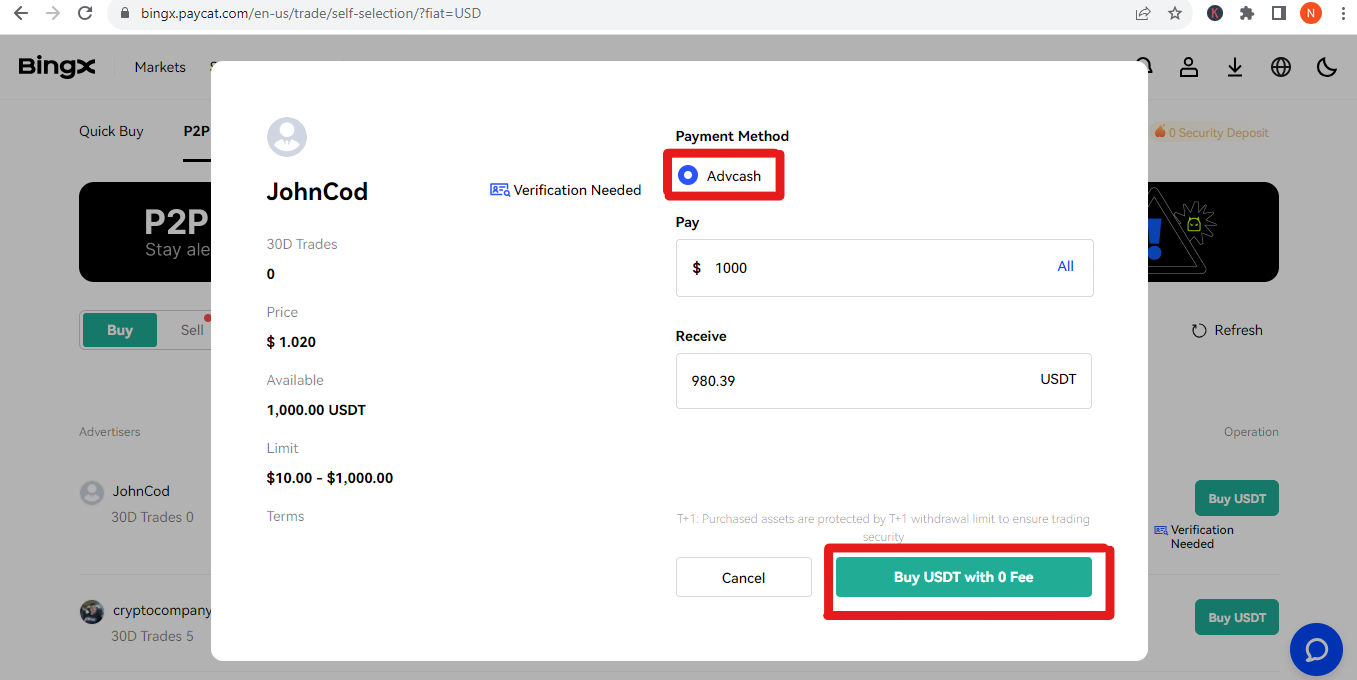
In this category, Bitget is ahead because it supports fiat currencies and onramps.
Bitget vs BingX Withdrawal Methods
Bitget facilitates withdrawals for over 150 cryptocurrencies, and you have the option to withdraw fiat currencies such as EUR, GBP, RUB, UAH, and BRL.New and unverified Bitget accounts come with a daily withdrawal limit of 20 BTC but verified accounts enjoy an increased limit of 200 BTC.
KYC verification is only mandatory for copy trading, crypto purchases, and withdrawals exceeding 20 BTC. Although withdrawal fees may vary based on the asset, they are generally modest.
When withdrawing using BTC, the fees are 0.0000051 BTC, while for ETH withdrawals, it’s 0.0001 ETH. Opting for USDT incurs a minimal withdrawal fee of 0.1 USDT.
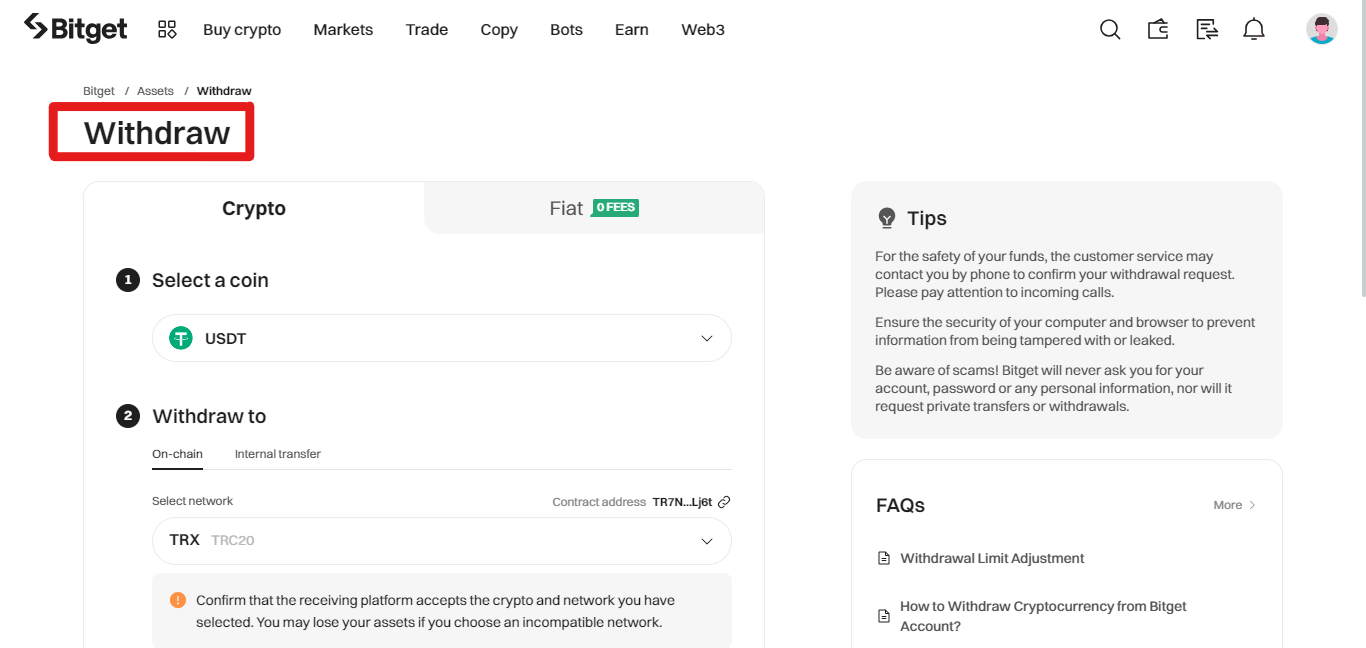
BingX facilitates withdrawals across major chains and 300+ cryptocurrencies. Fees vary per crypto, influenced by the chosen network and its capacity. Ethereum incurs higher costs, while cost-effective options like BEP20 and TRC20 stay below $1.
Since BingX excludes support for FIAT currencies, direct withdrawal to a bank account isn’t possible. Users must employ third-party services with FIAT offramps to convert crypto trading profits into traditional currencies.
Even though both exchanges do offer great services regarding withdrawal methods and have low withdrawal fees. Bitget is the winner here because of its fiat currency support system.
Bitget vs BingX Security
Bitget prioritizes security as its utmost concern and has implemented a Bitget Protection Fund to guarantee the perpetual safeguarding of your assets. To underscore this commitment to safety, Bitget employs both hot and cold wallets, along with two-factor security authentication, ensuring SSL remains at the pinnacle of excellence.
Notably, our inquiries reveal that Bitget has remained impervious to hacking since its inception. Bitget assures that it will maintain 100% of user assets in reserve and that it will release monthly reports containing Merkle Tree proofs, platform reserves, and platform reserve ratios. They do it not only for BTC but also for USDT and ETH.
Furthermore, Bitget enhances security through various measures, including:
- Two-factor authentication (2FA) via Google, SMS, and email authentication
- Implementation of an Anti-phishing code
- Implementation of a Fund password
- Introduction of a Withdrawal password
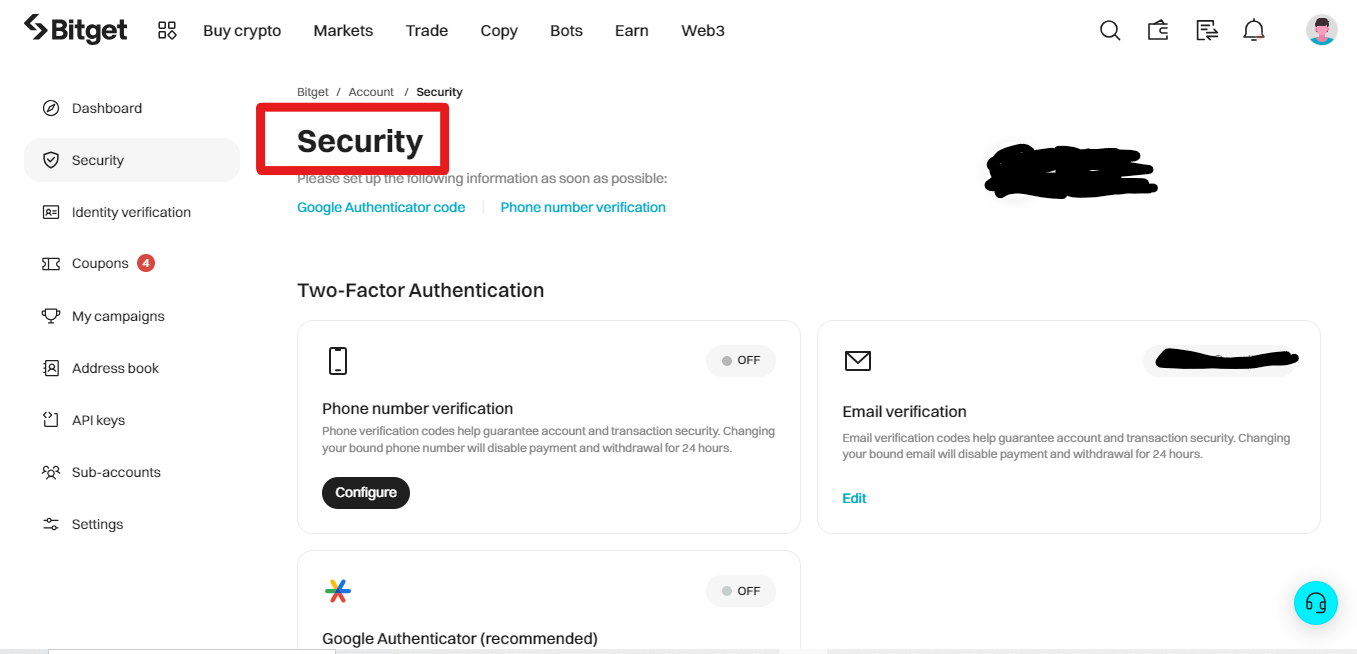
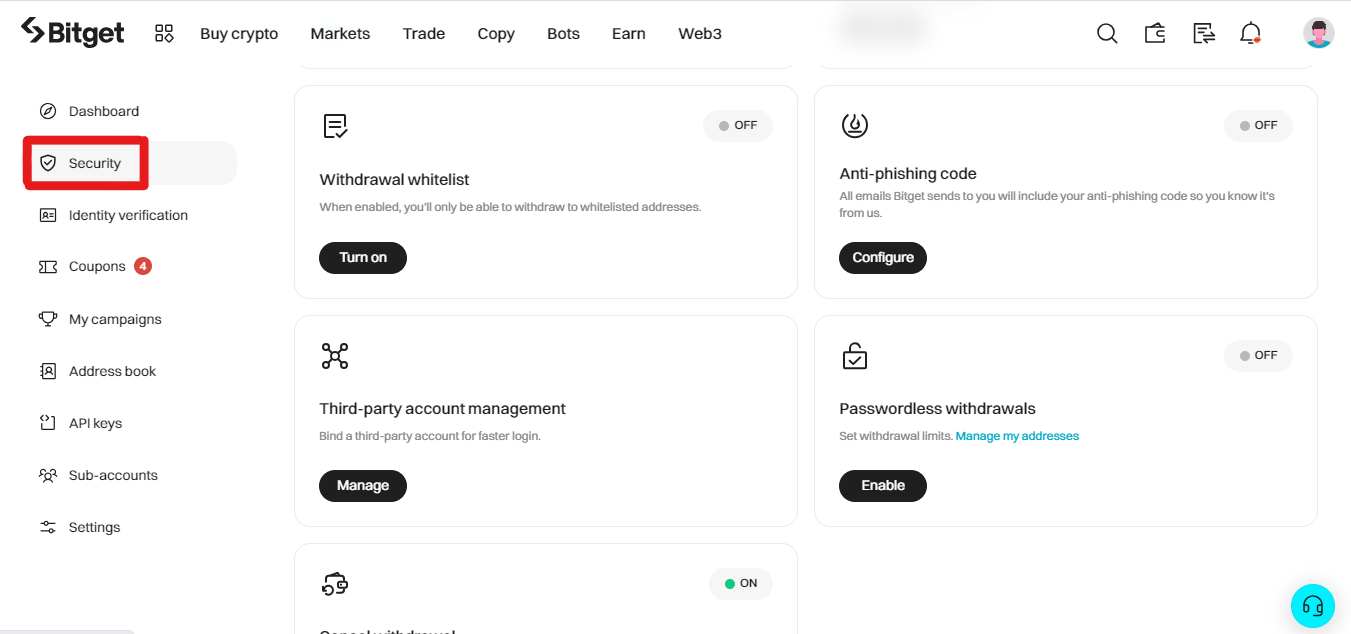
BingX stands as a paragon of security, maintaining an impeccable record with no history of breaches. Assuring the safety of customers’ funds, we employ a robust system backed by 100% reserve funds, a testament validated by authoritative auditors.
Every 1st and 15th of the month, we transparently publish our Merkle Tree. Providing real-time data for BTC, USDT, and ETH, BingX prioritizes security through built-in features:
- 2FA (Google, SMS, email authentication),
- An anti-phishing code, and a
- Fund password.
These measures underscore our commitment to fortifying users against potential threats.
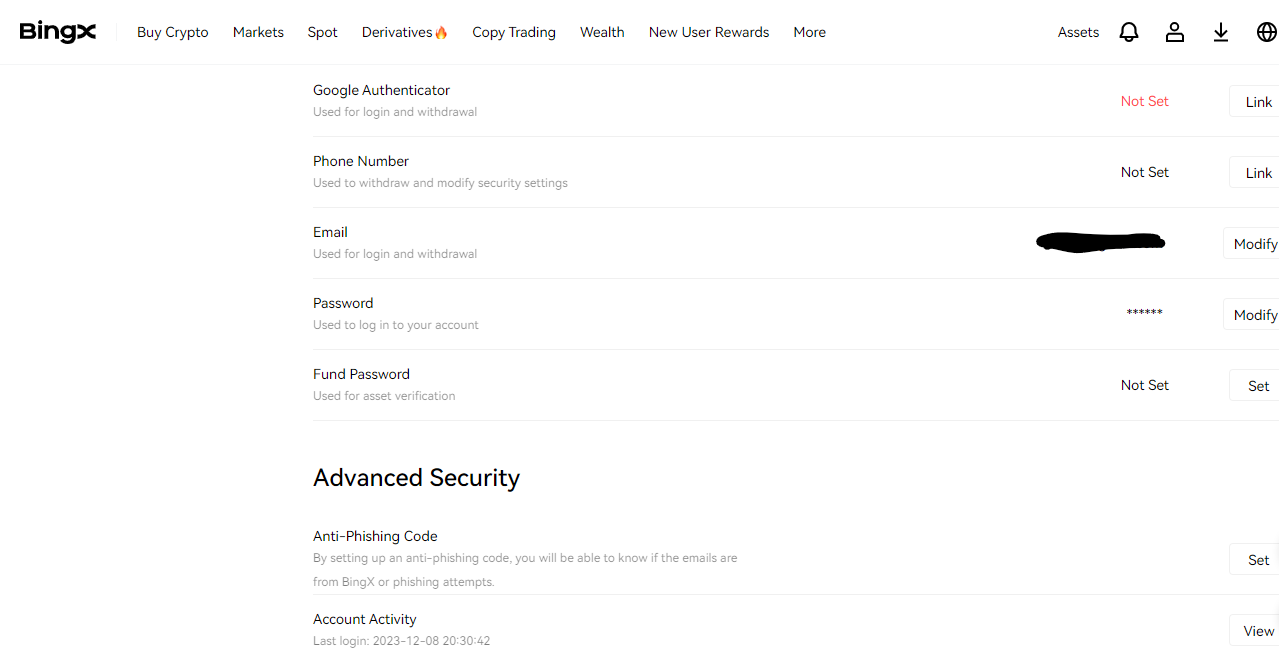
Even though both exchanges have robust security, Bitget is slightly ahead of its withdrawal password option which makes the earning more secure.
Bitget vs BingX Which Exchange Wins?
In the Bitget vs. BingX comparison, determining a clear winner is challenging. Both are established platforms sharing similarities in trading strategy, fees, asset variety, security, and customer support.
Despite their reliability, Bitget takes the lead with its platform offering up to 125x leverage, consistently exceeding $7 billion in daily trading volume, supporting multiple fiat currencies, and also for its robust security.
On the other hand, BingX excels in traditional finance trading, providing access to stocks, forex, commodities, and indices with up to 200x leverage, along with the advantage of being a non-KYC exchange, ensuring user anonymity.

